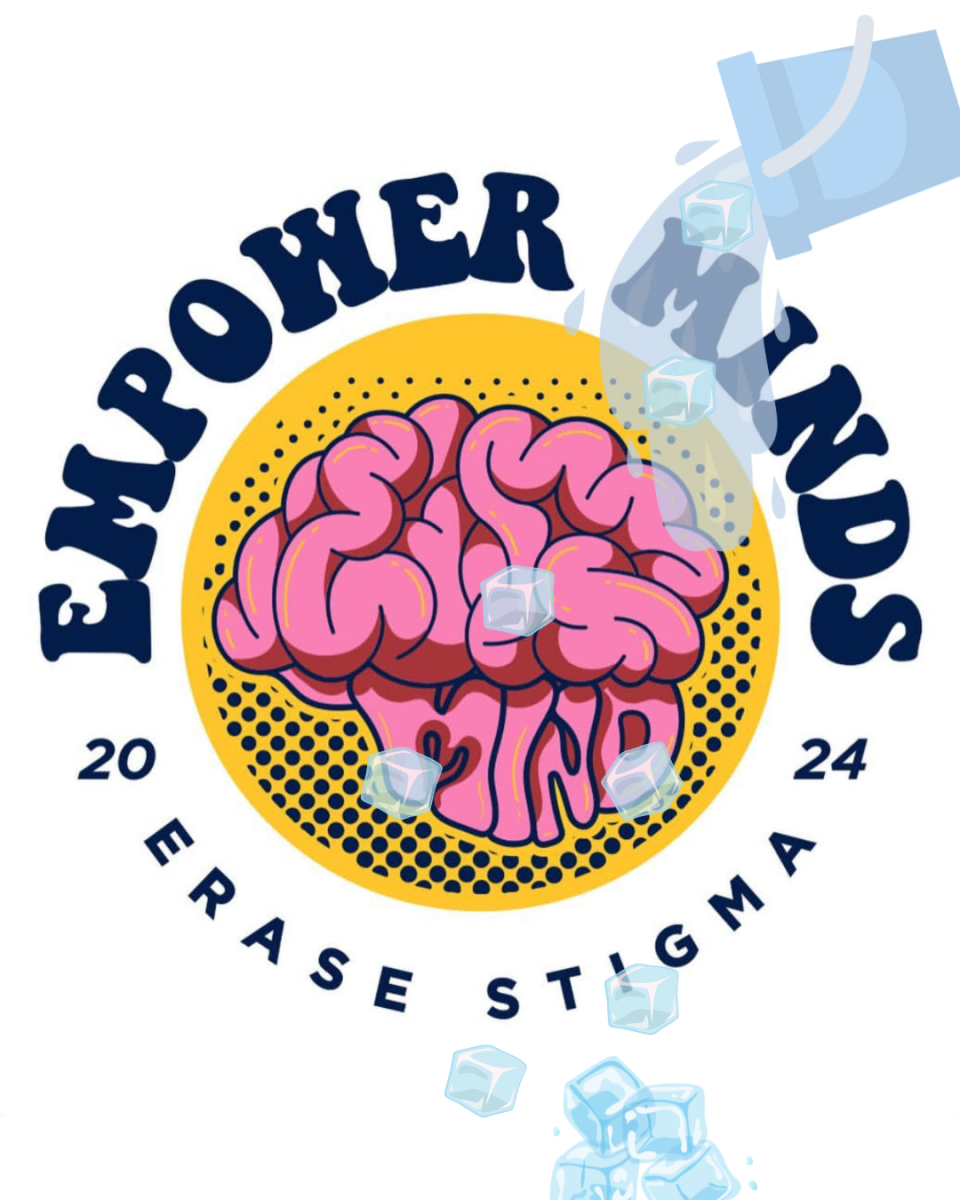In order to raise awareness for mental health, University of South Carolina’s Mental Illness Needs Discussion club (USC MIND) took inspiration from the 2014 ALS ice bucket challenge and began encouraging people to share videos of having ice water dumped on their head to help spread awareness.
The ice bucket challenge, first started in 2014 by Pat Quinn and Pete Frates, raised awareness for Amyotrophic Lateral Sclerosis or ALS, which is a progressive disease that affects nerve cells in the brain and spinal cord. ALS still doesn’t have a cure; however, this challenge raised over $220 million for research and financial support of suffering families.
This year, the ice bucket challenge was revived by USC MIND to bring awareness to the ever present issue of mental health. The club encouraged those who were nominated to not only make a video of them being soaked in ice water, but to also make a donation to the cause.
Despite the ice bucket challenge spreading across social media, the challenge did not seem to achieve its main purpose of raising awareness and money for the cause. Instead, this challenge became more about getting ‘revenge’ on friends and nominating as many people as possible to see them suffer in cold water. Most people did not even speak about the purpose of the challenge or include the donation link in their videos.
This lack of focus shows in the donation funds, too. In comparison to the ALS challenge, which raised millions, the USC MIND challenge has raised less than $500,000. This is all to say, instead of playing around with friends, nominees should go make a donation, or at the very least actually discuss the issue at hand.
Mental health has always been a topic of concern, but in recent years, it has earned a lot more recognition for being a real problem. There has constantly been a stigma surrounding mental health and the severity of its threat to a person’s health, but mental health can, in some cases, be just as dangerous as any other physical sickness. That is why a challenge like USC MIND is so important, so that the stigma surrounding mental health can be dismantled one step at a time.
This challenge is just one outlet for awareness, but it is important to remember that in order to be effective, participants must actually bring awareness. #Speakyourmind is meant to encourage participants to do just that: speak their minds, which didn’t seem to happen very often during this ice bucket challenge. It isn’t too late though; the USC MIND donation link is still open and available in the organization’s Instagram bio. Go donate to help them reach their goal of $500,000.




